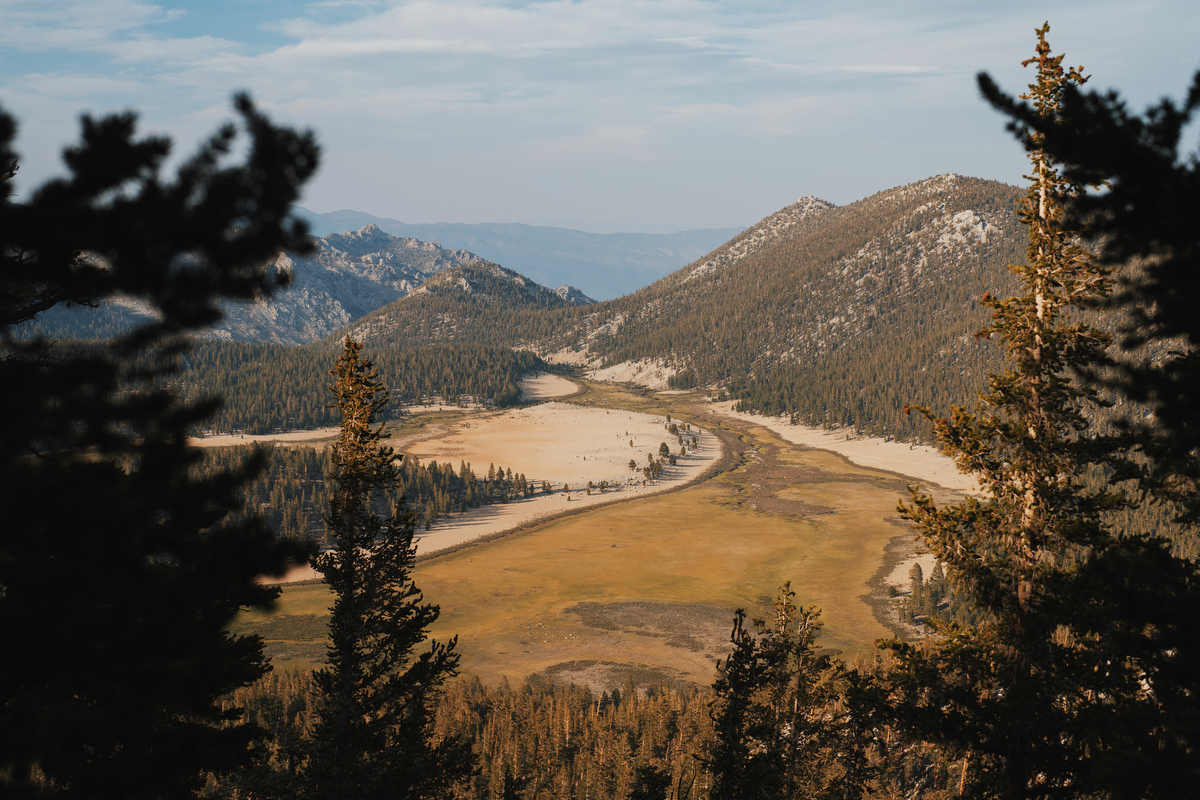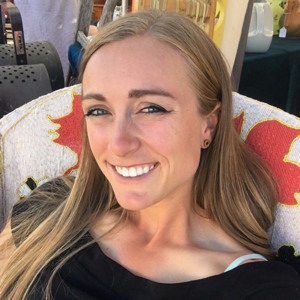On Thursday, July 22, 2021, ultrarunner Timothy Olson set a new men’s supported fastest known time (FKT) on the 2,653-mile Pacific Crest Trail (PCT) in the western United States. His time of 51 days, 16 hours, and 55 minutes bests the previous record set by Karel Sabbe of 52 days, 8 hours, and 25 minutes in 2016. Olson started at the PCT’s southern terminus on June 1, hiking and running an average of 51.3 miles per day.
View this post on Instagram
The PCT is one of the longest trails in the United States. The PCT passes through California, Oregon, and Washington, stretching from the U.S.-Mexico border at Campo, California, to the edge of Manning Provincial Park in British Columbia, Canada on the U.S.-Canada border. The route traverses hundreds of scorching desert miles, steep climbs in the Sierra Nevada, thick green paths in Oregon, and rocky remote wilderness toward the end. The majority of hikers who complete the trail do so in about five months.

Timothy Olson on the Pacific Crest Trail. Photo: adidas Terrex
Olson kept the his progress on the route hidden from public view for the majority of his run, in an effort to reduce the risk of COVID-19 and prevent large crowds from gathering on the trail. But less than one week before his finish, Olson’s team opened a public page, enabling his followers to track his progress in the final days of his attempt. The Fastest Known Time website administrators, however, have been tracking his efforts for the last nearly two months, occasionally posting updates.

Timothy Olson on the Pacific Crest Trail. Photo: adidas Terrex
A re-route on the official trail due to the Lionshead Fire closure in the Willamette and Mount Hood National Forests made Olson’s attempt somewhat unusual. However, Olson stated he wanted to “honor the PCT by covering as much of the full distance of the trail as well as run as much of the trail as possible and practical.” Working around the fire damage, Olson ran to the southern edge of the closure, back to the nearest trailhead, and was driven three hours to the closest entrance point of the northern side of the closure. From there, he traveled back onto the PCT, backward on the PCT until he reached the northern side of the fire closure, and then turned around and continued north. His re-route added 23 miles to the course, and the entire closure was 22 miles, so Olson did well honoring the official distance of the PCT. According to the Fastest Known Time website administrators, he’s negotiated a few other brief wildfire reroutes and closures along the way, all of which were observed by the administrators.
Olson was crewed by a small group of family and friends during his 51-plus-day endeavor, including his wife, Krista Olson. In one of the last Instagram posts before his finish, Olson posted a photo of Krista by his side, announcing she was 35 weeks pregnant with a rainbow baby, an infant conceived after losing a previous pregnancy to miscarriage. Stating how important this run was to him and his family, Olson wrote, “This is an immense and powerful time for my family, bringing us deep healing and transformation. I’m running the PCT in support of other families’ healing journeys [with infant loss].”

A view of a valley below the Pacific Crest Trail. Photo: adidas Terrex
